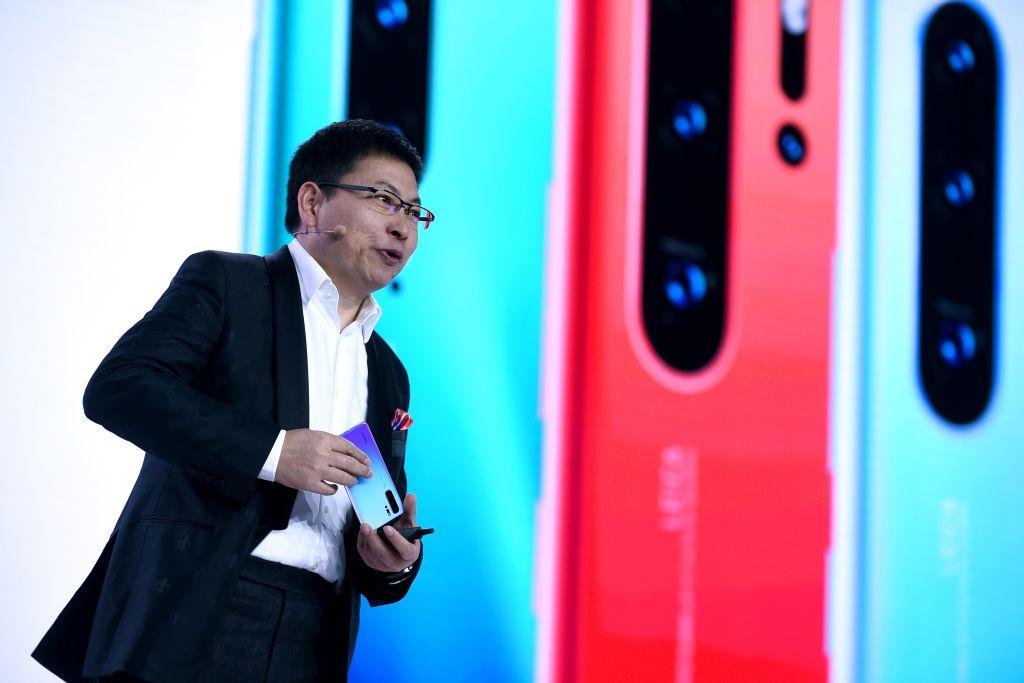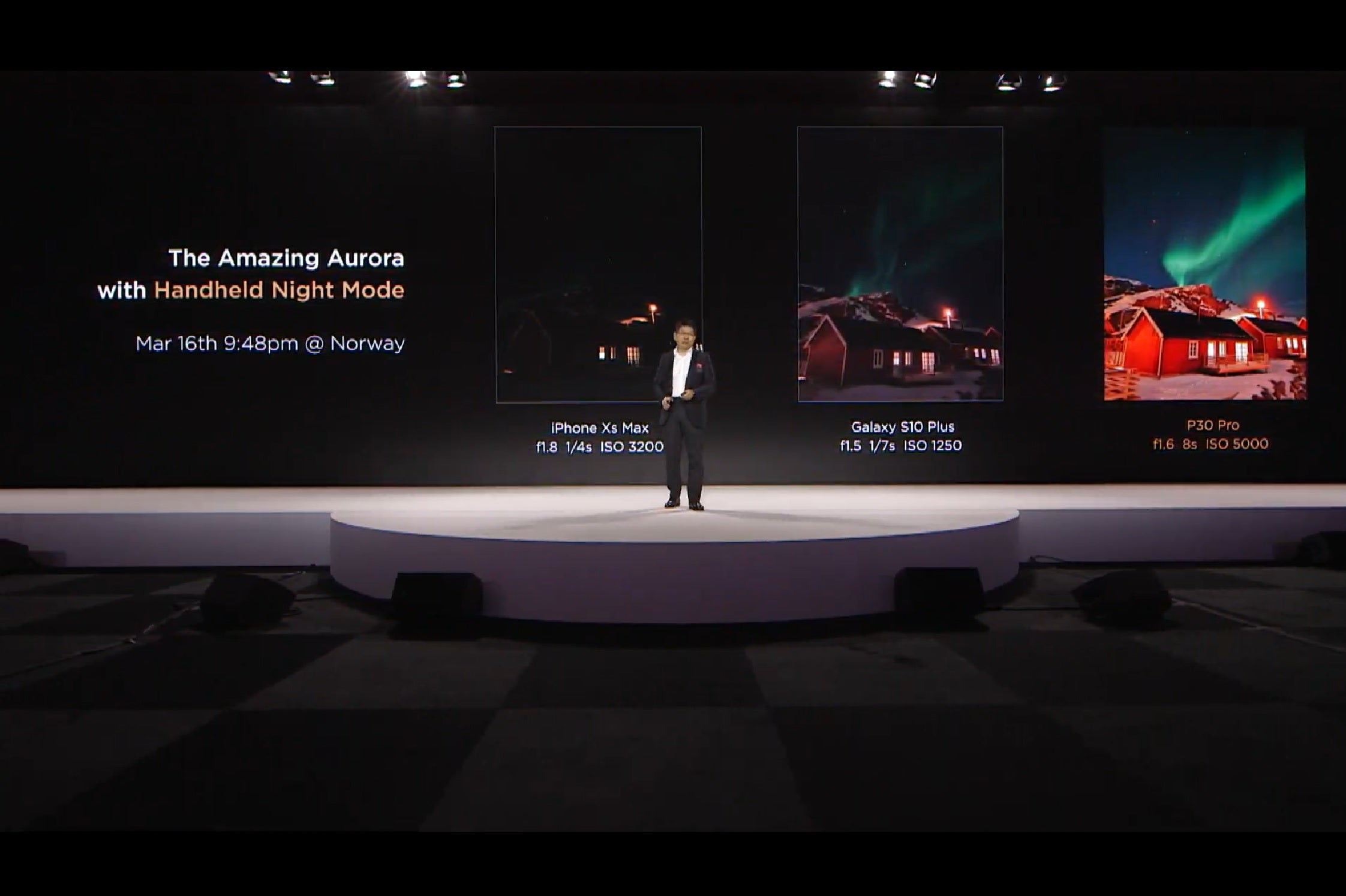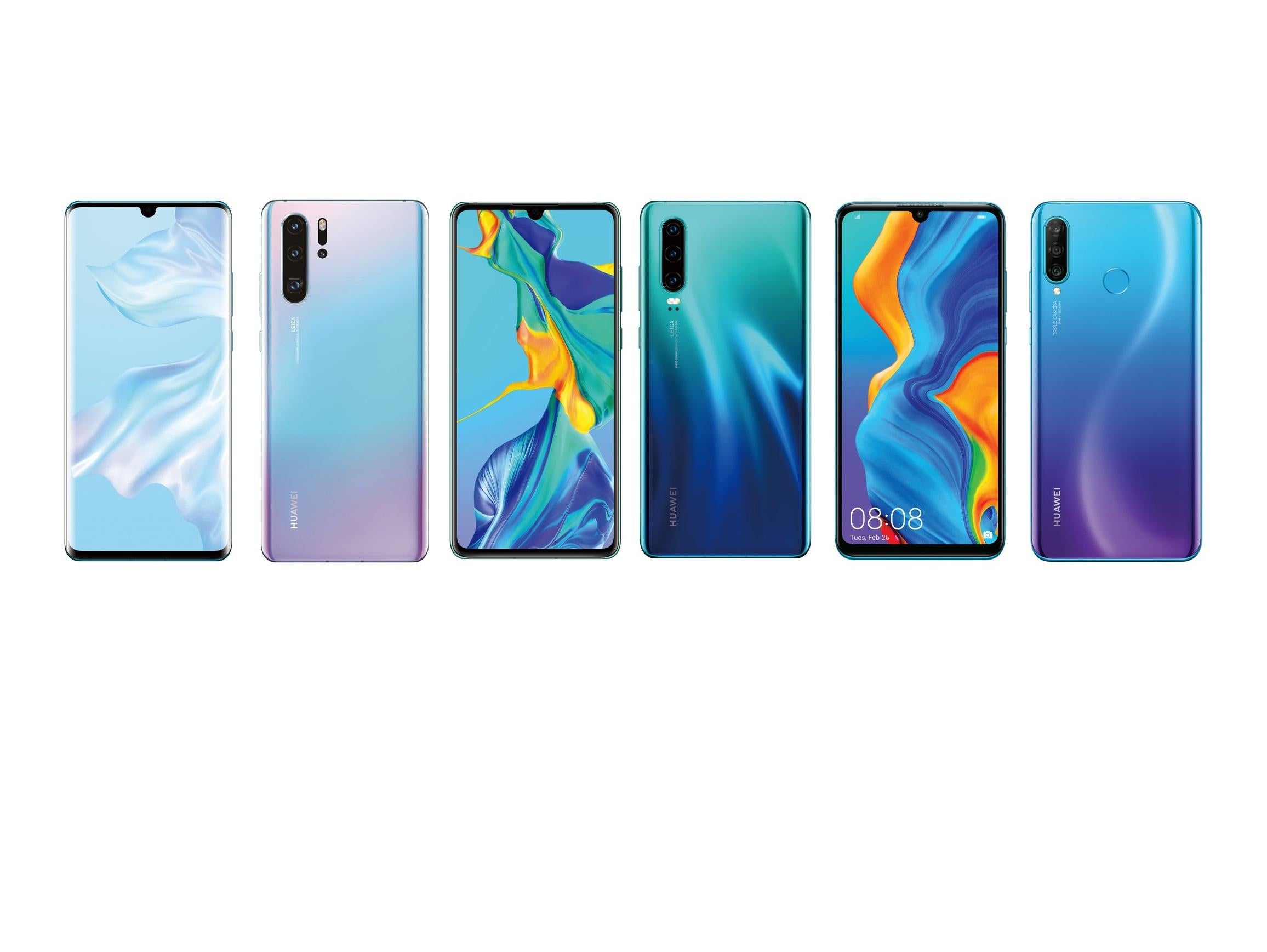Huawei P30: iPhone rival features 'revolutionary' Leica camera - but is it enough?
The Chinese phone maker says the new camera can see 'better than the human eye'

Your support helps us to tell the story
From reproductive rights to climate change to Big Tech, The Independent is on the ground when the story is developing. Whether it's investigating the financials of Elon Musk's pro-Trump PAC or producing our latest documentary, 'The A Word', which shines a light on the American women fighting for reproductive rights, we know how important it is to parse out the facts from the messaging.
At such a critical moment in US history, we need reporters on the ground. Your donation allows us to keep sending journalists to speak to both sides of the story.
The Independent is trusted by Americans across the entire political spectrum. And unlike many other quality news outlets, we choose not to lock Americans out of our reporting and analysis with paywalls. We believe quality journalism should be available to everyone, paid for by those who can afford it.
Your support makes all the difference.Anyone watching Huawei's unveiling of the P30 Pro would be forgiven for thinking the Chinese tech giant was unveiling a camera, not a smartphone.
Almost an hour of the presentation in Paris was dedicated to showing off the "revolutionary" four-lens array array on the back of the device, before moving onto the incredible 32 megapixel front-facing camera. When the smartphone's specs were finally announced, they came almost as an afterthought.
Built in collaboration with high-end German camera maker Leica, Huawei consistently compared the P30 Pro to the Apple iPhone XS Max and Samsung Galaxy S10 Plus. But the performance of the smartphone, especially in low light conditions, meant it was perhaps more appropriate to compare it to the benchmarks of traditional DSLR cameras.
The most impressive side-by-side comparisons to its smartphone rivals were the images taken of the night sky without using a tripod.
While pictures taken by its rivals showed dark images with barely a star visible, the P30 Pro was able to capture thousands of stars within the Milky Way, and even the Aurora Borealis.

The Huawei P30 range of smartphones builds on the already impressive camera setups on the P20 series, with the addition of an extra lens and new artificial intelligence capabilities to improve performance.
A 40 megapixel main camera is complimented with a 20 megapixel ultra-wide angle lens, an 8 megapixel telephoto lens and a new time-of-flight lens that creates a depth map using infrared light. A 5-times optical zoom and 10-times hybrid zoom outperform the relatively measly zoom offerings from Apple and Samsung's best phones.
An updated image sensor also sets the P30 apart, using a RYYB (Red-Yellow-Yelloe-Blue) sensor rather than an off-the-shelf RGB (Red-Green-Blue) sensor. It is the first smartphone maker to make use of such a sensor and allows the sensor to absorb twice as much light as a result.
Huawei made several bold claims throughout the presentation, claiming the new device would "rewrite the rules of photography" and could "see beyond the vision".
This latter proclamation referred to the boast of Huawei's Consumer Business CEO Richard Yu that the camera setup was "better than human beings' eyes' capability".

Huawei is now the world's second biggest smartphone manufacturer, lagging only behind Samsung in terms of global sales. Yet despite this it has struggled to step out of its rivals' considerable shadow, particularly in Western markets where it is perhaps more well known for the political storm that resulted from surveillance allegations made by the US government.
The Paris event came less than 24 hours after a major Apple event, which Huawei teased was simply "the warm up" to its main event, though the nature of the two presentations suggest the Chinese firm may still be playing catch up. While Apple CEO Tim Cook focussed on a new generation of services to bolster its already established hardware range, Huawei was unveiling new hardware into an already saturated market.
The camera on the P30 series is undeniably impressive but with smartphone sales and digital camera sales both on the decline in recent years, it may take more than a combination of the two for Huawei to finally get noticed.
Join our commenting forum
Join thought-provoking conversations, follow other Independent readers and see their replies
Comments